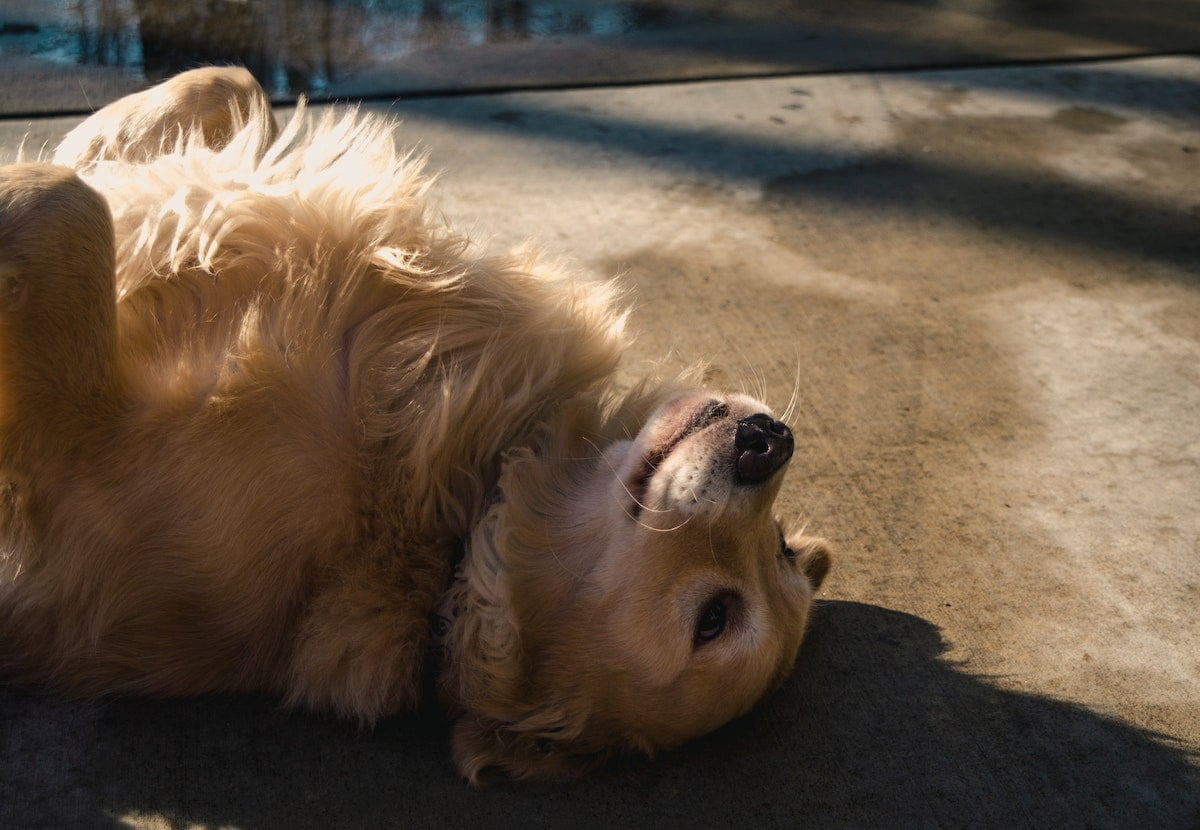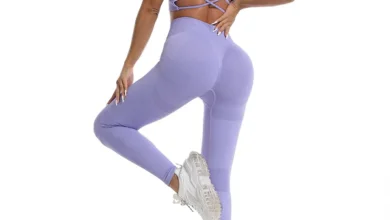5 tips to stop hair loss in dogs

Despite being a natural process of the pet’s coat, hair loss in dogs worries many tutors, especially when in excess. In these cases, it is worth investigating the cause, as there may be other factors involved.
Understand more about what this hair loss may be saying about the dog’s health and check out five tips to reduce this problem with the exclusive content that we prepared on the subject!
What causes hair loss in dogs?
Generally, what can cause hair loss in dogs is nothing more, nothing less than the change of their hair, just as it happens with human hair. The dog loses hair every day, and new hair is born too. This daily drop is normal if it is moderate, as is the drop each season.
When autumn arrives, for example, dogs lose their short summer fur, and denser fur is born to protect the animal from the cold. When winter ends, these thicker hairs fall out, and the shorter and thinner ones are born so that the dog does not get hot in the summer.
In addition to the climate factor, breed is also decisive when it comes to hair loss in dogs. Some breeds, such as Poodle, Maltese and Yorkshire, tend to shed less hair, even though they are furrier.
While there are breeds that barely shed, others, like the Labrador, German Shepherd , Golden Retriever and Chow Chow, are record holders for letting their hair lie around. These breeds have the shortest hair life cycle, this is natural and does not harm their coat. Depending on the breed, this hair exchange can happen from one to three times a year.
How to know if it’s natural or not
These are natural causes of hair loss in dogs, and all breeds go through this process. You should be concerned when hair loss affects only one part of the dog’s body or is accompanied by injuries, such as hair loss in dogs with wounds, swelling, redness and itching.
If you suspect that the puppy is losing more than normal and the fall is accompanied by any of these symptoms, then the loss could be a symptom of something bigger. Some examples are:
- period of heat, pregnancy and postpartum;
- parasites in general, such as lice, ticks and fleas;
- allergic reactions to feed;
- stress, such as moving house and traveling;
- infections;
- anemias;
- hormonal problems.
Ending this problem
Do not worry! There ‘s a way to end hair loss in dogs . The first thing you should do is take the puppy to the veterinarian, as only he will be able to make a correct diagnosis and treat the disease behind the hair loss in dogs. However, some care at home can help reduce this loss, such as:
food
Maintaining a healthy diet is essential. One of the causes of excess hair shedding is a lack of nutrients, so the dog’s food must contain all the nutrients necessary for the pet’s health in the different stages of the dog’s life.
Clipping
Keeping the grooming up to date helps remove excess hair, especially from long-haired dogs. Relieves the pet’s heat and helps fight skin diseases formed by the accumulation of hair.
Hygiene
Animal hygiene is essential for its well-being. Bathing every 15 days with a specific shampoo for hair loss in dogs helps to avoid excess body moisture and the accumulation of microorganisms that, in turn, can cause mites, fungi and hair loss.
Brushing
In addition to being pleasant for the pet, brushing removes dead hair, prevents knots from forming, leaves the skin clean and stimulates the growth of new hair. Brush in the direction of hair growth, pets will love it!
Sun
Physical activity is very important to maintain the dog’s health, especially if she goes out in the sun. It helps prevent skin diseases and fights the mite, one of the main causes of mange in animals.
In addition, vitamin D helps in the absorption of calcium and phosphorus, which prevents osteoporosis. If your four-legged friend lives in an apartment or doesn’t get much sun, he’s more likely to develop hair loss.
Other solutions
As hair loss is associated with other possible diseases, a dog hair loss remedy is not recommended. It is necessary to treat the pathology before, so that the loss decreases. So always follow up on pet health with a vet.
If the hair loss is very intense, it may be necessary to supplement. A dog hair loss vitamin is ideal in this case. Omega 3 and other antioxidants reduce allergies, control skin irritations and help produce soft, shiny hair.
But remember: only offer medicine and supplementation for your puppy after a veterinary doctor’s recommendation! Only a professional can correctly diagnose the cause of hair loss in dogs and offer the best solution to this problem.



